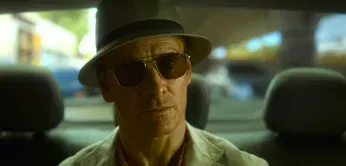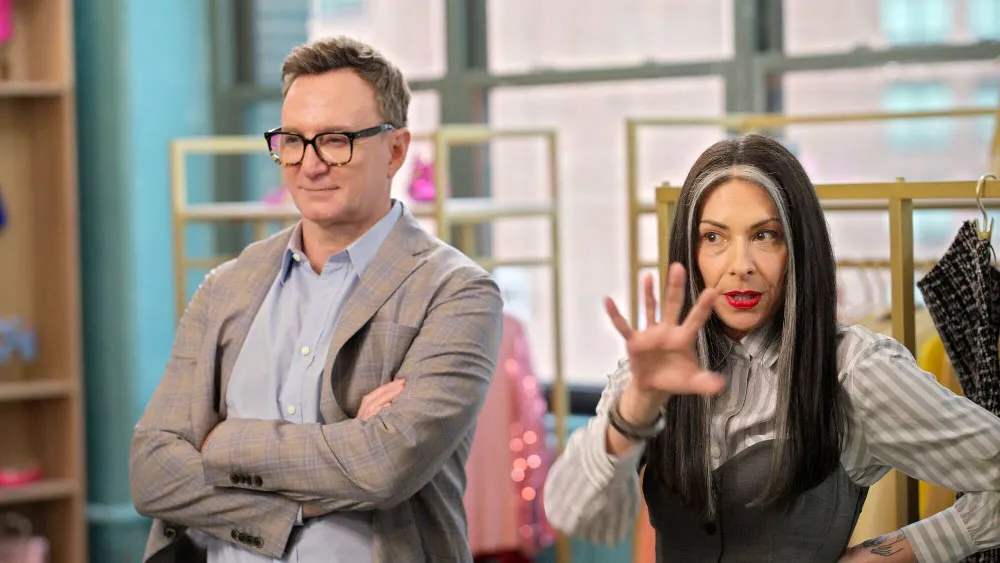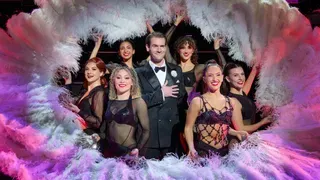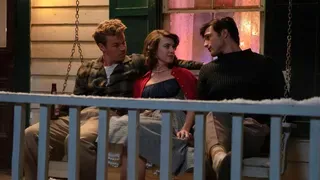
October 25, 2023
Review: 'The Killer' is a Stylish Husk of a Movie
C.J. Prince READ TIME: 3 MIN.
In a 2011 profile for Elle Magazine, David Fincher divided his filmography into the categories of "movies" and "films." According to Fincher, his "movies" are "overtly commercial, engineered for the sole pleasure of the audience," whereas his "films" are "conceived for the public and filmmakers: It is more audacious, more daring."
At the time, "Fight Club" and "Zodiac" fell into the "film" category, and "The Social Network" was seen as a "movie." Even today, it's a strange distinction to make in its implications of art vs commerce, or, more generally, one type of film having a different set of values over another. But it gives some insight into how Fincher sees his work and his overall approach to filmmaking.
Based on his own definitions, "The Killer" is all "movie." In fact, it's so much "movie" that it could be classified as a "film." Adapted from a series of graphic novels, Fincher's latest feature strips the familiar hitman movie down to its essence in terms of story. Michael Fassbender plays the title character, an unnamed assassin whom we first see holed up in an abandoned office directly across the lavish Parisian apartment of his target. Eventually his target arrives, he misses the shot, and he flees back to his home in the Dominican Republic, where he finds his girlfriend severely beaten after two assassins showed up to kill him in an attempt to clean up his mess. This kicks off a revenge mission, where Fassbender's hitman tracks down the man who hired him (Charles Parnell), the two assassins (Sala Baker and Tilda Swinton), and the client (Arliss Howard) who ordered the hit in Paris.
Methodical, exacting, and isolated, the eponymous killer narrates for most of the film in a dry, sardonic tone, as if he's rehearsed every line for maximal chilliness. Much of the Paris section has him explain his philosophies and principles, all of which make up a code we come to expect from these kinds of characters. Andrew Kevin Walker's screenplay has Fassbinder spouting off hitman cliches ("Stick to the plan. Don't improvise") or corny snarks (after observing some obnoxious meatheads, he suggests there should be a 30-day waiting period for creatine), while Fincher indulges in the slick, ultra-precise direction he's well known for. It's impressive on a technical level, but so are tech demos. With so much centered around its uninspired narration, little of "The Killer" is engaging aside from the momentum of its A to B to C structure and a propulsive score by Trent Reznor and Atticus Ross. It chugs along, just not in a particularly compelling way.
Then again, the unmoving qualities of "The Killer" are likely the point. Despite his repetitive statements about sticking to the plan, doing the job, and not having empathy, everything this killer does after his botched job undermines and contradicts his worldview. Maybe that contradiction the film builds itself around could be fascinating if the killer's actions didn't follow the logic of self-preservation. Maybe the metatextual elements are more alluring, with an easy parallel drawn between Fincher's controlling approach as a filmmaker and his protagonist's (if there's anyone whose life would turn into chaos after botching a single shot, it would be him). But outside of that connection there isn't much else, and aside from the unfunny, blunt force trauma of the film's sense of humor, it isn't playful enough to find any self-aware angle rewarding.
So "The Killer" amounts to a stylish husk, and as deliberate as that may be, a husk is still a husk. There's no doubt that Fincher can direct, but for me he tends to walk a fine line between purposeful and fussy. That quality comes out during a fight scene between Fassbender and one of his targets, in what's supposed to be an all-out brawl. Fincher and editor Kirk Baxter cut too much, so it conveys the brutality of the action at the expense of a strong spatial awareness, DP Erik Messerschmidt keeps everything too underlit, and the addition of digital shakiness on the frame in post-production creates a distraction. Of course, fans of Fincher's work will likely bask in his style and craftsmanship, as one would expect from anyone who manages to get on his wavelength. But it doesn't necessarily work for everyone. Someone can see the words used to describe "The Killer," like cold, hollow, chilly, or empty, and think it sounds like a good time. They're also words that describe a corpse.
"The Killer" opens in theaters Oct. 27 and streams on Netflix Nov. 10.







